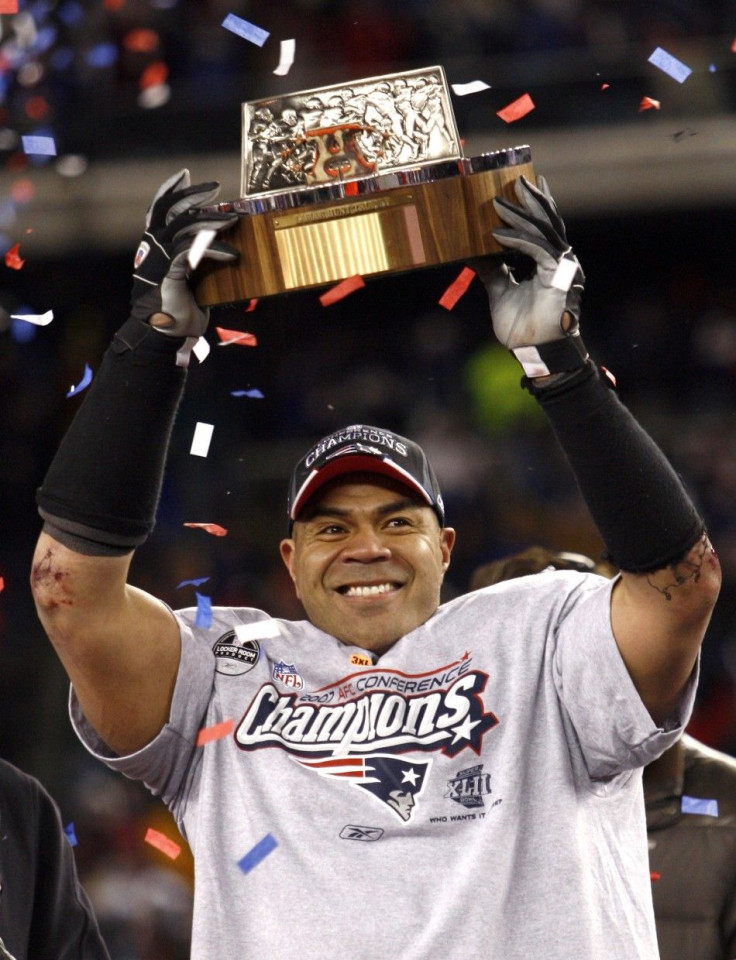Junior Seau Dead: NFL Needs to Change Its Ways

The news of former San Diego Charger Junior Seau's death sent shockwaves throughout the country on Wednesday afternoon.
It was hard to believe that the 43-year-old linebacker, who played 20 remarkable seasons in the NFL, was dead.
Police are still investigating Seau's death, but it's presumed to be a suicide. Seau shot himself in the chest sometime Wednesday morning after his girlfriend went to the gym.
Seau's death comes after a car crash in 2010 when he drove his car off a cliff after being arrested for assaulting his girlfriend. It was initially suspected to be a suicide attempt, though he claimed he simply fell asleep at the wheel.
The 12-time Pro Bowl player appears to have had some issues in his life, but the question that everyone will be asking over the next few months is what exactly drove Seau to kill himself?
It's far too early to presume one thing or another without a full autopsy report, but the potential role that football played in Seau's death will be a frequent point of discussion.
The relationship between football-related injuries and mental issues has become a heavy point of conversation after multiple players have come out and talked about the effects of playing multiple years in the NFL has on them. Recently former Chicago Bears quarterback Jim McMahon taped an interview in which he admitted that he probably wouldn't remember any of the conversation just minutes after it finished.
But it was former Chicago Bears safety Dave Duerson's death that really caused people to take a harder look at the dangers of football. Duerson killed himself in 2011 after suffering from years of depression and other mental illnesses.
He purposely shot himself in the chest so that doctors could examine his brain for concussion related damage. Doctors found that he had chronic traumatic encephalopathy, a degenerative brain disease, after suffering at least 10 concussions during his 11-year NFL career. Ray Easterling, another former NFL player, also recently killed himself after apparently suffering from years of depression and dementia.
Whether Seau's reasoning for shooting himself in the chest was the same as Duerson's is unknown. Police have yet to locate any sort of suicide note, though he did individually text each of his children and his ex-wife that he loved them.
His reasoning might have ultimately been different than Duerson's, but the coincidences are stunning. According to friends, both were affable, well-liked guys that died far too young.
Seau's suicide is also the most high-profile one to date. He made the number 55 famous at USC, his alma mater, and at San Diego, where he played for 12 seasons. He was known for being one of the hardest hitters in the league and also for playing through some incredible injuries.
He never had any documented concussions, but as Sports Illustrated's Jim Trotter elegantly wrote, to think he didn't play through multiple concussions would be naïve at best.
Trotter recalled a recent conversation with Seau about some players comments that NFL commissioner Roger Goodell was making the game too soft with new rules meant to increase player safety. Seau, one of the toughest players in recent memory, felt the exact opposite.
Those who are saying the game is changing for the worse, well, they don't have a father who can't remember his name because of the game, Seau said. I'm pretty sure if everybody had to wake with their dad not knowing his name, not knowing his kids' name, not being able to function at a normal rate after football, they would understand that the game needs to change. If it doesn't there are going to be more players, more great players, being affected by the things that we know of and aren't changing. That's not right.
Seau's shocking death shows us that the game hasn't changed near enough. If a player as strong and affable as Seau can commit suicide, there's no telling how many other former NFL players are suffering from depression, dementia, or other brain issues.
Many sports writers and fans took to Twitter after Seau's death and proclaimed that they would never let their children play football -- not with all of the potential damage becoming more well-known.
That's a major issue for the commissioner of the most popular American sport. Goodell will feel immense pressure to find a way to make the most violent sport safer for its participants so that this recent ugly string of suicides can hopefully be prevented.
Goodell has tried to crack down on head injuries, but they'll continue as long as the game is played the way it is. Players are simply too big, too strong, too fast these days, which is why catastrophic injuries are on the rise.
You even have players that are purposely trying to knock each other out of the game as evidenced in the Saints' Bountygate scandal. Goodell issues harsh penalties to all involved, but it's doubtful that the practice has been completely eradicated from NFL locker rooms.
The NFL needs a culture change in the worst way and maybe, just maybe Seau's finally create the change that the NFL so desperately needs.
© Copyright IBTimes 2025. All rights reserved.





















